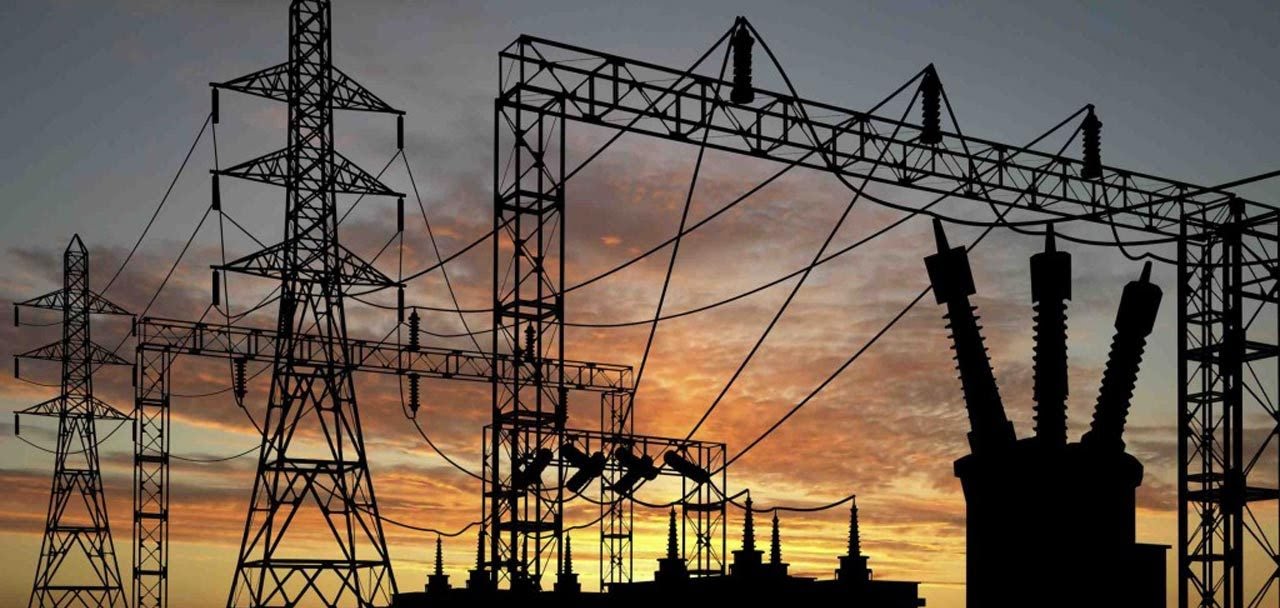Electricity Access: Nigeria Tops Global List of People Without Power — World Bank.
- Home
- Electricity Access: Nigeria Tops Global List of People Without Power — World Bank.

Electricity Access: Nigeria Tops Global List of People Without Power — World Bank.
A recent World Bank report has revealed a concerning statistic: Nigeria now has the highest number of people without access to electricity globally, with an estimated 86.8 milli
on Nigerians living without power. This marks the third year in a row that the country has ranked lowest worldwide in electricity access.
The findings come from the 2025 edition of the Energy Progress Report, which tracks progress on Sustainable Development Goal 7 (SDG7) ensuring access to affordable, reliable, sustainable, and modern energy for all. The data reflects the state of global energy access as of 2023.
According to the report:
Only 61% of Nigerians had access to electricity in 2023.
Just 26% had access to clean cooking energy.
Nigeria, the Democratic Republic of Congo (79.6 million), and Ethiopia (56.4 million) together account for roughly one-third of the global electricity access deficit.
The report highlights that 18 of the 20 countries with the weakest electricity access are in Sub-Saharan Africa. South Sudan recorded the lowest national access rate at just 5%, followed by Chad and Burundi at 12%.
Population Growth Outpaces Progress in Africa
In Sub-Saharan Africa, 35 million people gained electricity access in 2023. However, with a population increase of 30 million in the same period, the net improvement was minimal just 5 million people. This brings the region’s total electricity access gap down slightly, from 570 million in 2022 to 565 million in 2023.
As a result, Sub-Saharan Africa now accounts for 85% of the global population without electricity, up from 50% in 2010.
Other Regions Making Better Progress
While Africa struggles, Central and Southern Asia have made notable progress, reducing their electricity access gap from 414 million in 2010 to just 27 million in 2023. This puts them on a strong path toward universal access.
Outlook for 2030
Despite progress since 2010 with 665 million people gaining electricity access globally and 21 countries reaching near-universal coverage challenges remain. The International Energy Agency (IEA) projects that 645 million people worldwide may still be without electricity by 2030, unless significant policy changes and investments are made.
Final Thoughts
The World Bank’s findings paint a sobering picture for Nigeria and much of Sub-Saharan Africa. While some regions are closing the gap, Africa’s pace of progress must accelerate dramatically to meet global energy goals by 2030. Without strategic investments and effective implementation, millions may remain in the dark.

Content & Editorial Manager – Leads the creation, review, and publication of high-quality news and media content. She ensures that all editorial work reflects the organization’s standards of accuracy, professionalism, and relevance, while also engaging and informing the audience.
As the key driver of TokinPoint Media LTD’s editorial voice, the manager oversees content planning, assigns tasks to writers or editors, enforces deadlines, and ensures consistency across all platforms. She also plays a strategic role in aligning content with audience interests and search engine optimization (SEO) best practices.
Discover more from TokinPoint
Subscribe to get the latest posts sent to your email.
- Share
Faith Kegh
Content & Editorial Manager - Leads the creation, review, and publication of high-quality news and media content. She ensures that all editorial work reflects the organization’s standards of accuracy, professionalism, and relevance, while also engaging and informing the audience.
As the key driver of TokinPoint Media LTD's editorial voice, the manager oversees content planning, assigns tasks to writers or editors, enforces deadlines, and ensures consistency across all platforms. She also plays a strategic role in aligning content with audience interests and search engine optimization (SEO) best practices.
